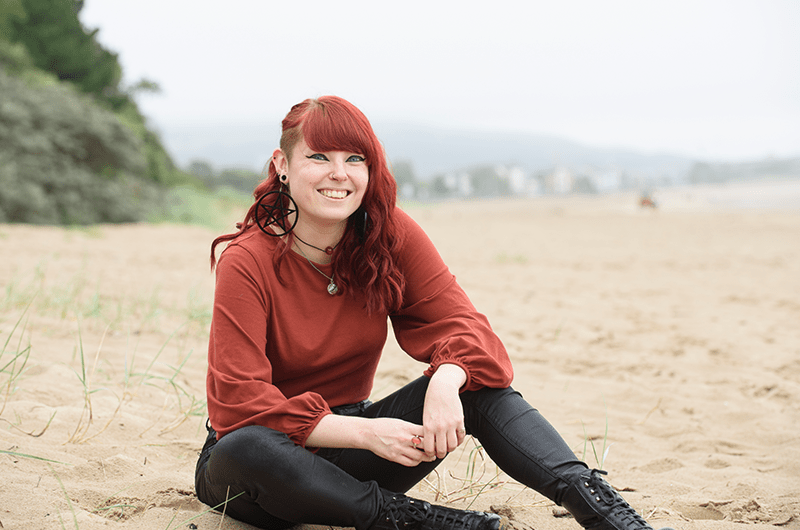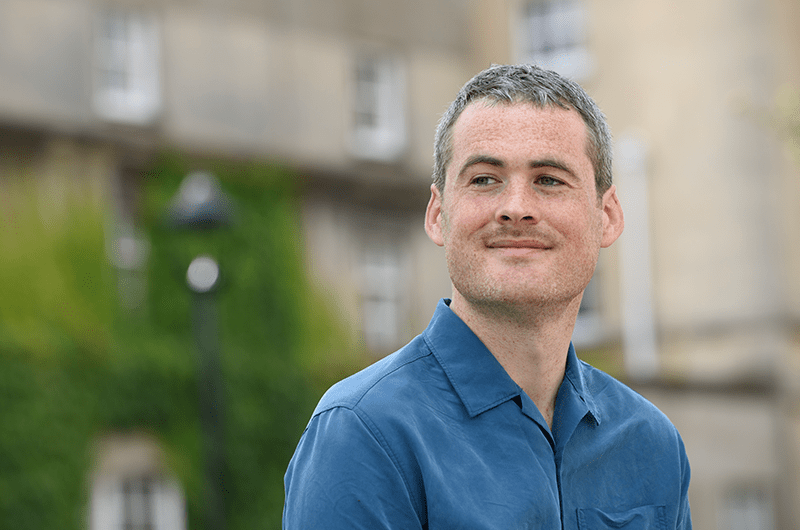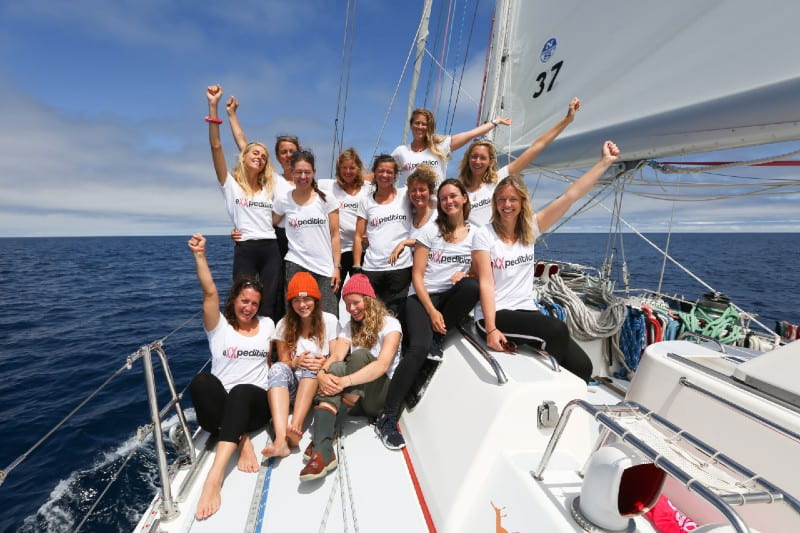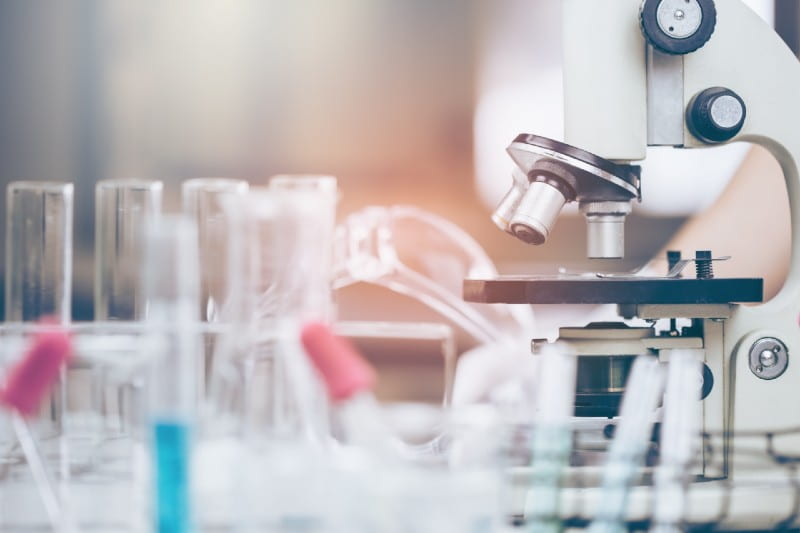Professor Hugh Brady, Vice-Chancellor and President, University of Bristol, has a message for all our alumni and friends.

The impact of COVID-19 continues to be felt profoundly around the world. Today, I would like to update you on how Bristol is protecting its global community of staff, students and alumni. I also want to share with you how, with the support of our alumni community, our researchers are working to understand COVID-19, and combat this pandemic.
Caring for students and staff
Last week, in common with many UK universities, we took the difficult decision to end our Easter term early. This should play a part in reducing the speed of COVID-19 transmission, and it gives our academic community time to prepare for a full transition to online learning and assessment for our students from the start of next term.
We are acutely aware that for many students, this decision poses significant challenges. For some, returning home or leaving campus is not an option, while for others, learning online next term will only be possible with access to the University’s computers and internet. As many of you will already know, a lack of regular contact with friends, colleagues and classmates can quickly lead to feelings of isolation and anxiety.
The University remains open, with core facilities, staff support and regular communications available to students and staff who need them. Our Student Hardship Fund, to which alumni have generously given in the past, will be used to provide financial support to all students that need it in these unprecedented times.
Alumni events
This week, we also made the decision to postpone our programme of alumni events for the remainder of the academic year. Again, this decision was not easy for the University: our alumni events are some of the highlights of our calendar. But as with the decisions we have made to protect the wellbeing of our students and staff, so with these and other University events we are following the latest advice from the UK Government to reduce the transmission of COVID-19.
Staying connected
During these times, when many of us will be using digital tools to communicate and interact more than ever before, I would encourage you to join us on Bristol Connects. If you haven’t yet set up your account for this online Bristol community, it’s quick and simple to do so. Within the space, you can connect with other Bristol graduates and current students, either to offer or benefit from careers advice; find old friends; and make new connections in your professional sector or area of the world.
Bristol’s fundamental research into COVID-19
I’d like to close by highlighting some of the critical research into COVID-19 that is taking place at the University of Bristol, and the impact that your generous support is already having on this work.
Dr David Matthews and Dr Andrew Davidson of the School of Cellular and Molecular Medicine are one of just two University research teams in the UK who are working with Public Health England to grow SARS-CoV-2, the virus responsible for COVID-19. You may have seen the work of their team covered recently by the BBC on Newsnight on 5 March. Their work to understand the pathogenesis of the virus – how it causes disease, and how it interacts with our bodies – is critical to the development of diagnostic tools, drugs and vaccines to tackle the COVID-19 pandemic.
Thanks to gifts from Bristol’s alumni community, we have been able to provide immediate funding for a new incubator for Drs Matthews and Davidson’s research. In addition, your generosity has enabled the Elizabeth Blackwell Institute for Health Research, based at Bristol, to act rapidly in providing funding for new research into COVID-19 that is taking place across the University.
Supporting our research and students
We are so grateful to count on the support of our alumni for this critical work. If you would like to donate to our research on COVID-19, or indeed to help students experiencing the financial impact of the pandemic, you can do so by donating online, or by contacting Rob Grimes in the Development and Alumni Relations Office.
Here at Bristol, we are thinking of you all as you and your families face this unprecedented challenge. I know that you will also be thinking of the friends that you made during your time here at the University. Please keep in touch with us and with each other, and I look forward very much to seeing you in the future.
 Tim Gregory (PhD 2020) is a man of many talents. At any moment you might find him teaching children through BBC Bitesize revision classes, presenting BBC4’s The Sky at Night, or hosting online stargazing events for Bristol alumni.
Tim Gregory (PhD 2020) is a man of many talents. At any moment you might find him teaching children through BBC Bitesize revision classes, presenting BBC4’s The Sky at Night, or hosting online stargazing events for Bristol alumni.









